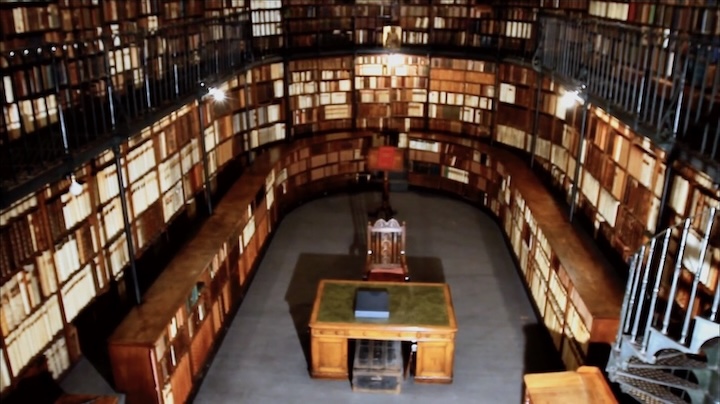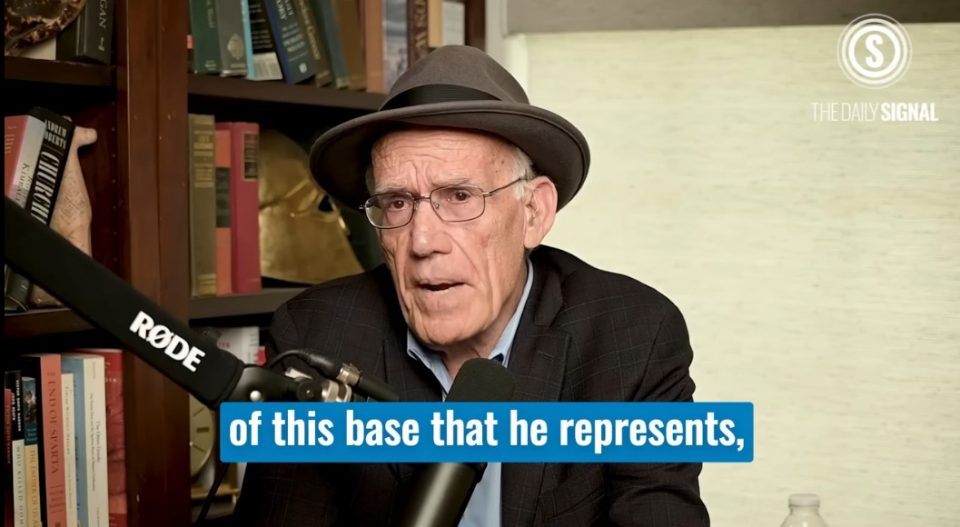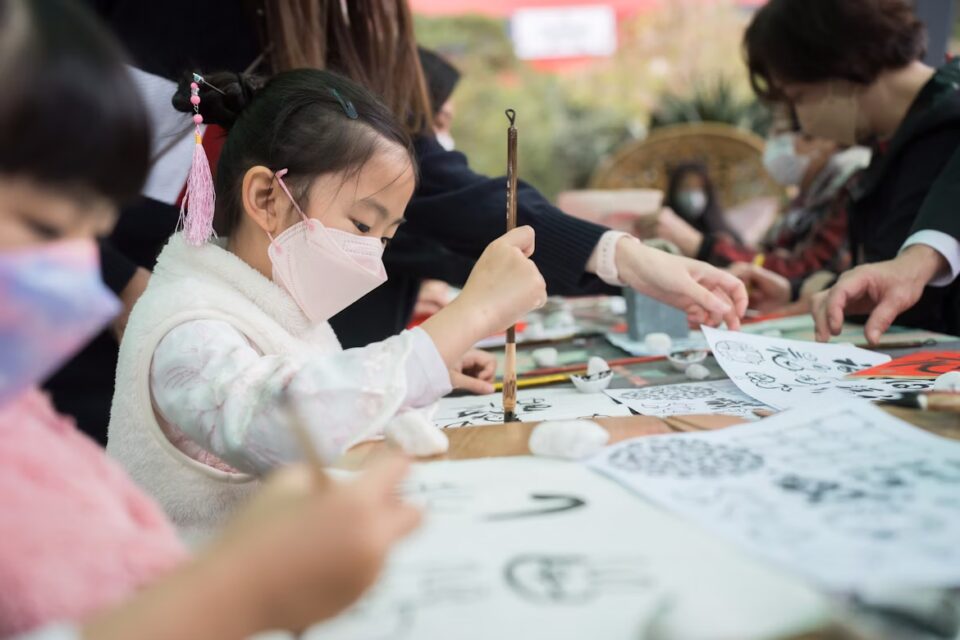The Church as Librarian II, by Anthony Esolen

More Than 100 Members of Congress Urge Investigation Into Abortion Funding, by Kate Quiñones
November 27, 2024
Daily Scripture Reading and Meditation: Not a Hair of Your Head Will Perish
November 27, 2024
Cardinal Newman’s Library at the Birmingham Oratory (today) [Screenshot from The Papal Visit: Pope Benedict XVI in the UK]
By Anthony Esolen, First Things, November 27, 2024
Anthony Esolen is a lecturer, translator, and writer. Among his books are Out of the Ashes: Rebuilding American Culture, and Nostalgia: Going Home in a Homeless World, and most recently The Hundredfold: Songs for the Lord. He is Distinguished Professor at Thales College. Be sure to visit his new website, Word and Song.
Note: Tomorrow is Thanksgiving, and we will give thanks to God – and man – by taking a break from fundraising for the holiday. But in the meantime, we need to carry on. Vigorously. Generously. Relentlessly. Immediately. I’m always gratified to see that support is coming in from all over America as well as Europe, Latin America, and even as far away as New Zealand. We’re making progress but we need to make even more. As Professor Esolen makes clear today, the Church – and especially those of us in the Church who value the specifically Catholic things but also all the things that the Faith has inspired over millennia – are just about the only thing standing between civilization and barbarism. We have an obligation not only to one another but to the world. Help us to take up that great responsibility. Play your part in supporting The Catholic Thing, today. – Robert Royal





